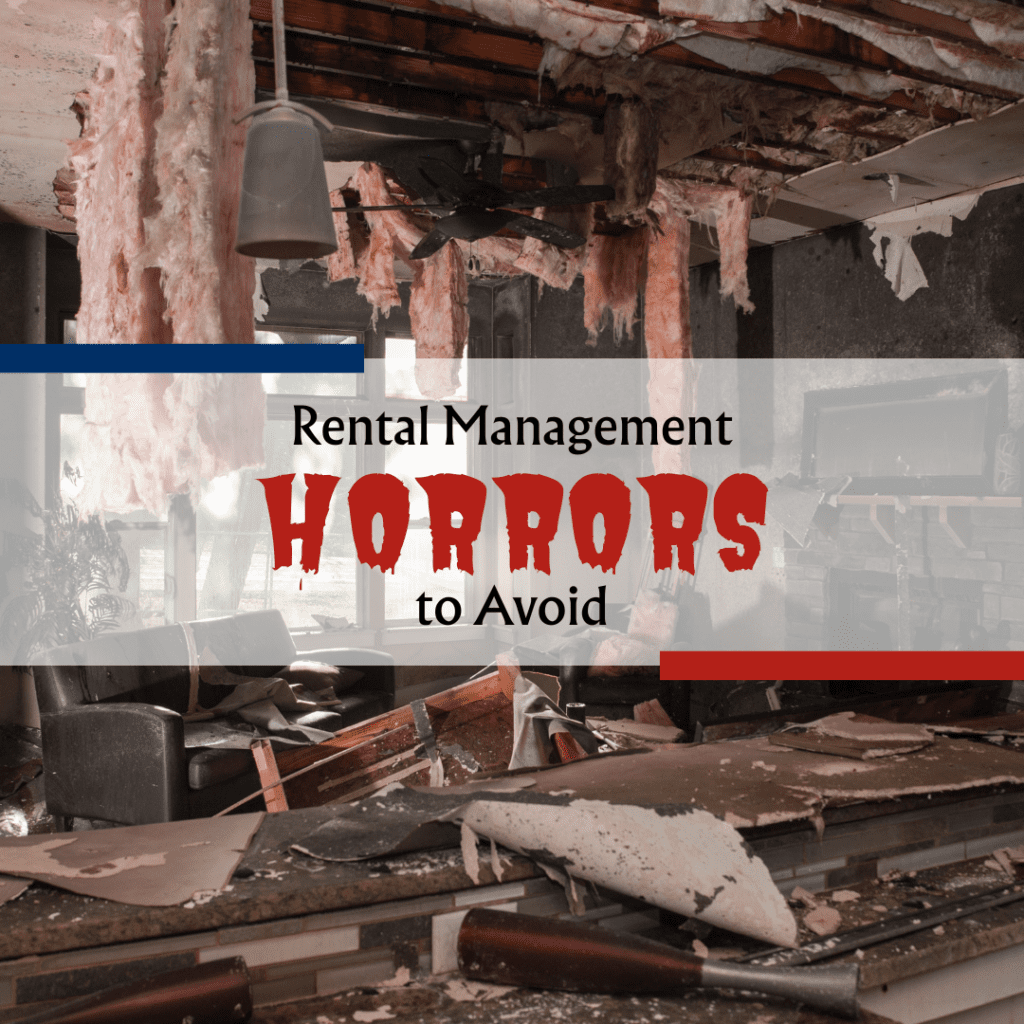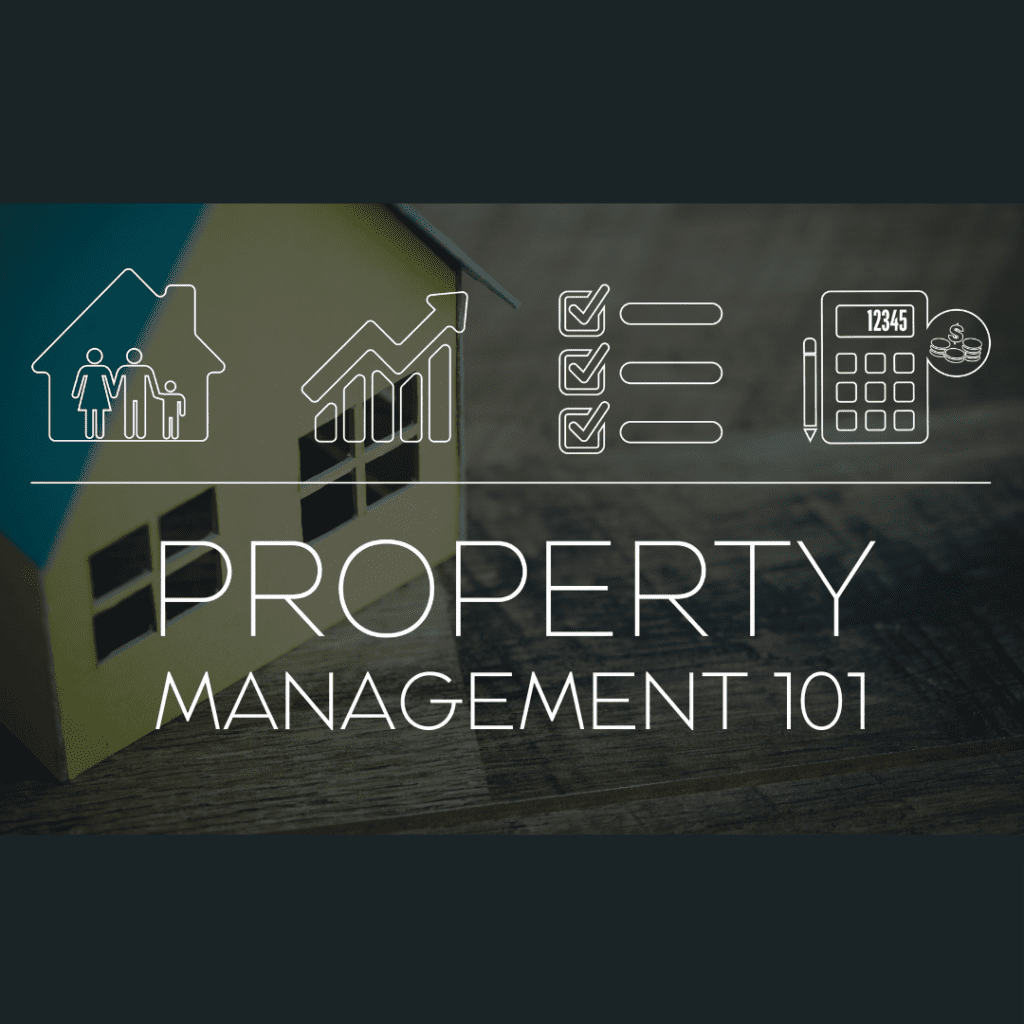Managing a rental property is no small-time gig, which is why property management companies exist in the first place. And while every company and property manager is different, there are 9 key essentials that encompass all of property management.
#1 Advertising and Screening New Tenants
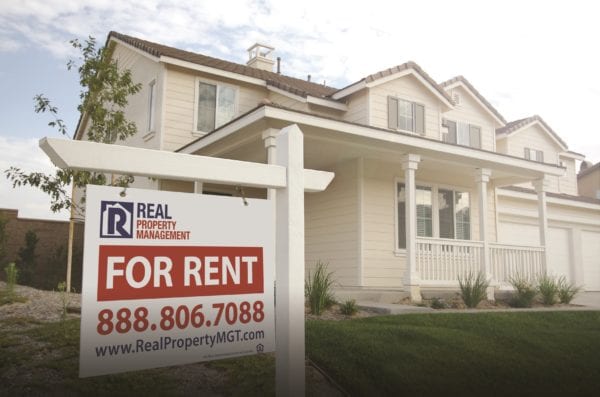
When your rental property is vacant, the first step is to get it rented to new tenants. This is a no-brainer but poses its own challenges that many do-it-yourselfers don’t realize. This is why having a property manager can make a big difference. All professional property management companies know how to advertise effectively across multiple platforms to attract as many qualified tenants as possible. This means taking photos and writing an effective ad that highlights all the best features of the property, marketing on all of the hottest sites, such as Zillow, Trulia, Hotpads, etc., and showing the property to prospective tenants. And when applications are submitted, all property managers should know how to screen tenants effectively. This means completing a nation-wide criminal, credit, and rental history check, taking into account evictions and judgments, and calculating prospective tenant’s income, etc. to make sure they qualify for the property.
#2 Setting Appropriate Rental Rates
Everyone has a number in mind of what they think their property will rent for. Whether or not it’s realistic is another story. A good property manager knows how to set expectations as well as recommend an appropriate rental rates based on the current rental market, comparable properties, and what the specific property has to offer. Their goal is to set a rate that matches the market as well as offers the property owner the greatest return possible. After all, our job isn’t just to get your home rented, but to make sure you’re getting the most bang for your buck on your investment.
#3 Navigating the Lease Signing Process
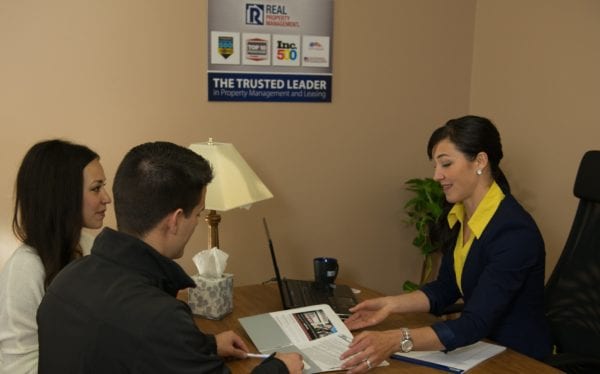
Once a qualified tenant has been found, the next step is to get the lease in place. A good property management company has a solid lease agreement that can – to an extent—be customized to the property and is in compliance with all state and federal laws. They also go through the signing process from start to finish, including collecting the deposit, walking tenants through the signing process, and collecting the first month’s rent. Signing the lease can be daunting for tenants, especially with all of the legal clauses and requirements. All property managers should be familiar with their agreement and be able to answer any and all questions that can arise about the lease.
#4 Collecting Rent
Collecting rent is something that all property management companies have in common. And in our digital age, many offer easy online methods of payment for both owners and tenants, including online tenant portals and direct deposit for owners. They also know how to collect when the tenant doesn’t pay, including processing and posting the appropriate demands and, if necessary, proceeding with the eviction process.
#5 Maintenance

There’s no avoiding maintenance on your rental property. Things break, whether from normal wear and tear or from negligence. There’s no way around it. That’s why most property managers offer to manage these repairs as part of their service. From taking the calls and requests from tenants, to getting contractors scheduled, and finally ensuring the issue has been resolved, property management companies make sure the property is in good repair and is safe and habitable for tenants. Many also offer routine preventative services as well to make sure maintenance is kept up on.
#6 Landlord-Tenant Laws
There are many different laws surrounding property management, many of which exist on local, state, and federal levels. From Federal Fair Housing to Warranty of Habitability, property managers know them all in order to navigate the challenges that arise. And as laws change, property management companies know how to stay on top of new or modified laws and make the necessary changes in order to remain in compliance. Having an extensive knowledge of all landlord and tenant laws is how property management companies help keep homeowners safe from legal liability.
#7 Accounting

Many property managers also offer accounting and record keeping as part of their service, sending monthly statements as well as end of year financials needed for tax season. This includes records of all income and expenses generated for your property.
#8 Managing Turnaround
No one wants good tenants to move out, but turnaround is a part of property management that can’t be avoided. In light of this, all good property managers know how to effectively manage the move-in and move-out process. From completing move-in inspections to make sure the property is ready for new tenants, to conducting a thorough move-out inspection to process the deposit, property managers help make the entire process go smoothly to get your home rent ready and fill the vacancy as quickly as possible.
#9 Effective Communication
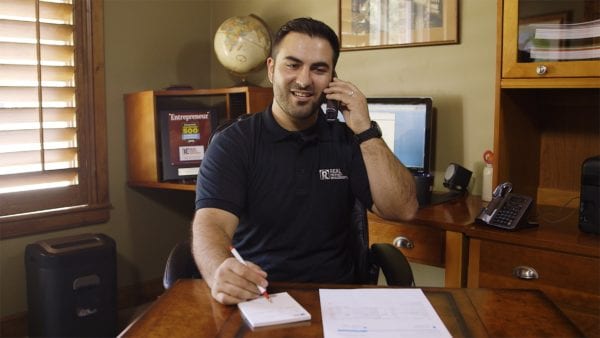
Last but not least, all good property managers know how to communicate effectively to keep homeowners in the loop with what they need and want to know. From routine site visit updates and maintenance repairs, to lease violations and lease renewal requests, effective communication can mean the different between a good and bad experience.
There are a lot of moving pieces that come with managing a rental. That’s why choosing a property management company that knows how to handles these key essentials is important. Real Property Management Colorado takes on all of the essentials of managing a rental property, the above 9 included, and more besides! We know how to effectively manage your investment and maximize your rental property’s potential through our expert knowledge and top-notch service.




